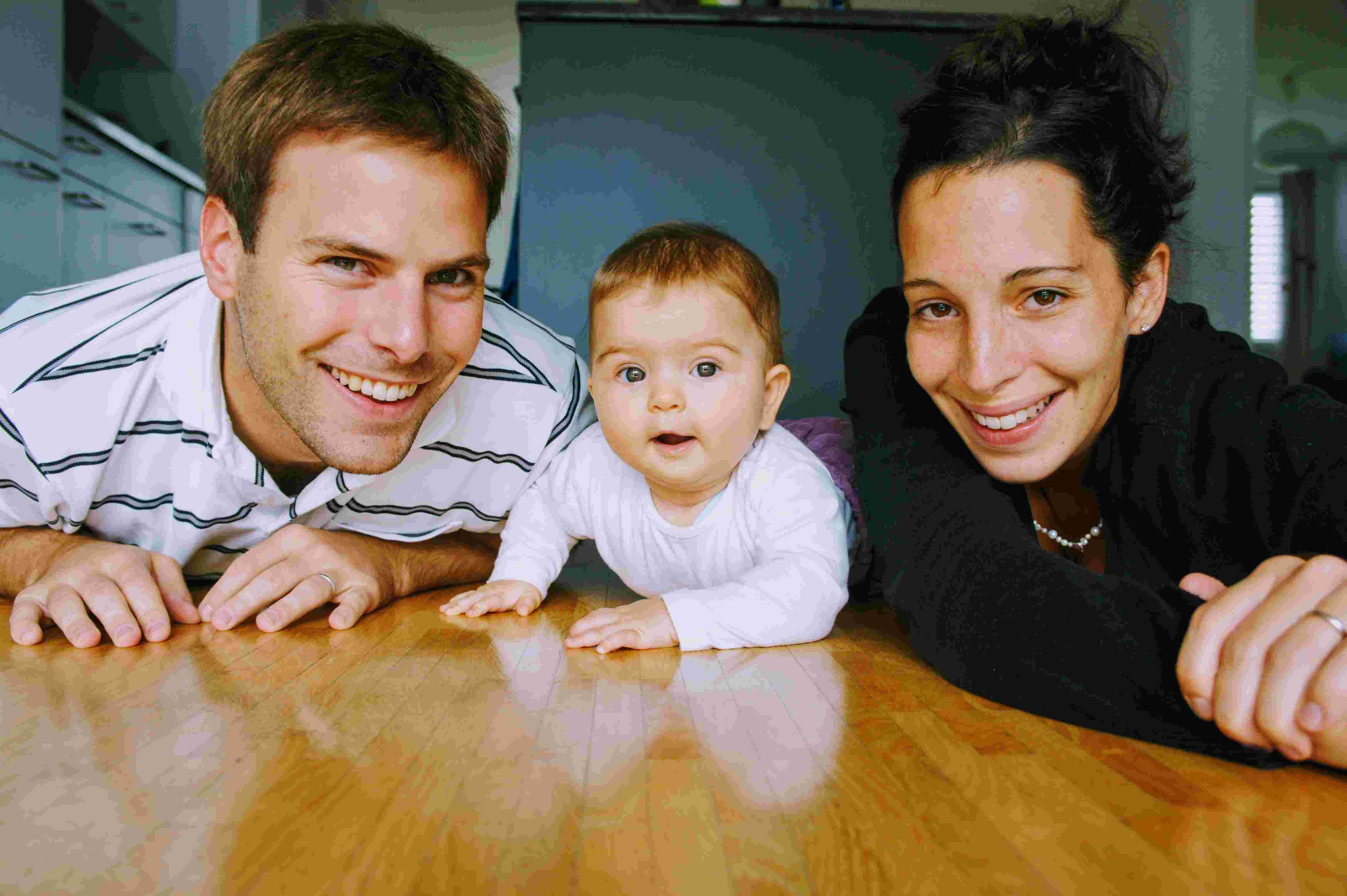For social and economic reasons, "one-and-done" parenting is rising. Even though only kids are becoming the norm in many countries, pressure - from family members to perfect strangers - to have more than one child persists. Similarly lingering are the stereotypes about poor "only children" being spoiled and lonely.
The contraceptive revolution of the mid-20th century gave many women some effective control over their fertility and the choice of how many children they wanted. However, some social and cultural trends - towards fewer kids in particular - have developed in parallel. In the EU, almost half (49%) of families with children have only one child, and in Canada (in 2021), that figure is 45%. In 2015, 18% of US women had one child, an increase from 10% in 1976.
For millennia, the need to have many children made sense. Just two centuries ago, more than 4 in 10 children died before their fifth birthday and having multiple children helped the whole family with the tasks required to survive. Women also married at a far younger age and were without reliable contraception, so having only one child was both undesirable and difficult. In any case, the ideal number of children per household has changed.
Today, 59% of families with kids in Portugal have just one child, and almost one in five women say one child is the right family size. Before the 1970s, only 1% of poll respondents in the US declared that having one child was best. Even remaining low, this percentage has tripled. Nevertheless, the stigma against parents deliberately preferring to have one child has not faded and not just parents face judgment but the kids, too. Yet, why would mothers and fathers making such a choice be terrible parents?
For more than a century, "only kids" have been stigmatised as "weird," "peculiar," "spoiled," and "annoying," among other nice words. Stereotypes, even those widely debunked, die hard. In fact, there is no evidence that only children are any less well-adjusted, happy, or successful than their peers with siblings. While many people consider a sibling as a "gift" to a child, one-and-done parents point out that it's never certain if the brothers or sisters will get along. They also worry that more kids would divide their parenting attention.
Another important issue regarding household size is money since raising children is an expensive enterprise. Some one-and-done parents also have concerns over the future their kids will inherit. Moreover, some parents - especially mothers - enjoy their decision's impact on many aspects of their lives, such as the pursuit of other interests, hobbies, friendships, and careers.
Last but not least, there is the issue of health. Pregnancy, childbirth, and the postpartum period all involve risks, including for fathers, but more especially for women over 35. Basically, it's a question of general happiness and well-being. As one analysis across 86 countries put it: "Globally, happiness decreases with the number of children parents have." In any event, it's all up to you in the end... if you live in a country where you have the choice, that is.

Picture: Happy Family (ChildUp.com)

